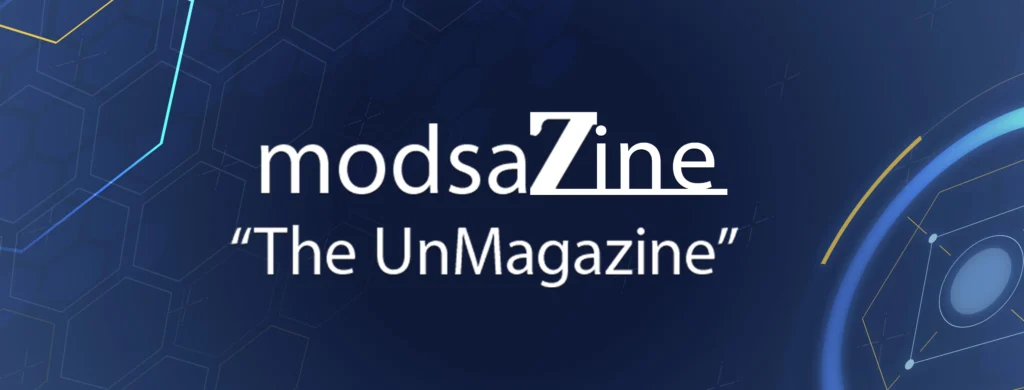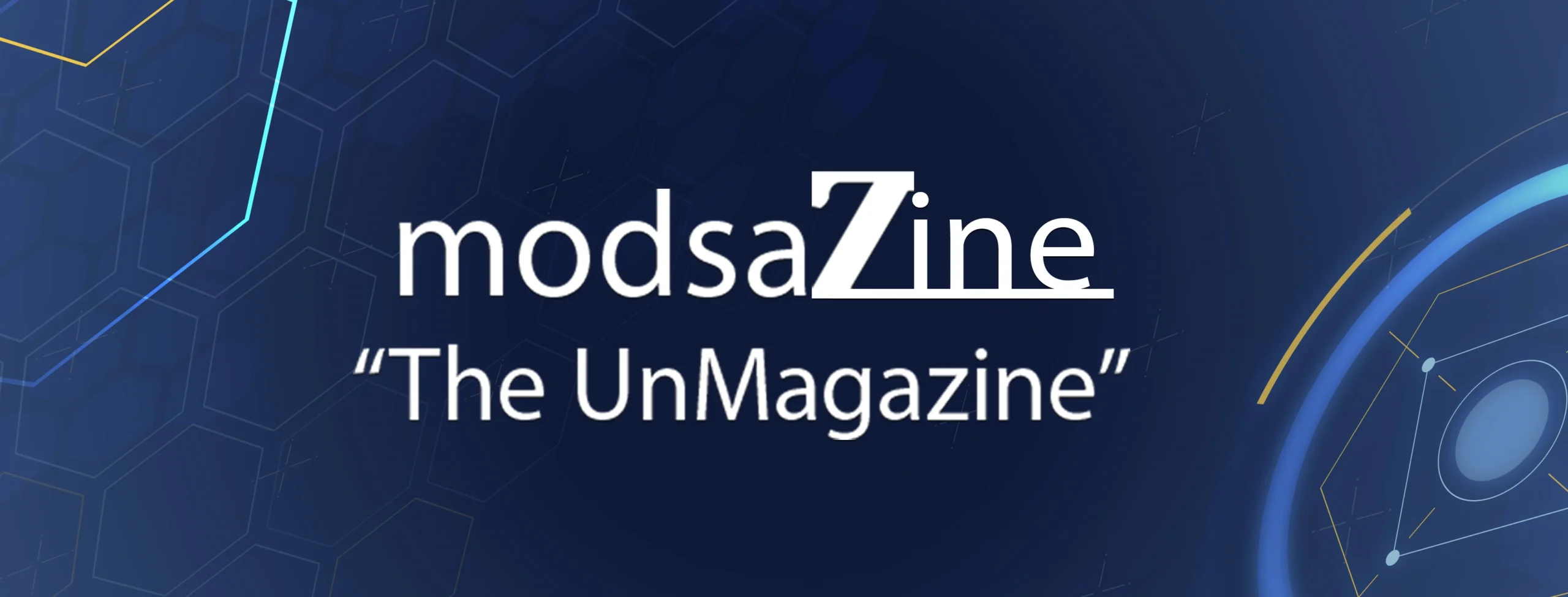As we move toward 2025, the sales landscape continues to evolve rapidly, challenging businesses to rethink their outreach strategies. Traditional cold outreach tactics—often characterized by generic, impersonal messaging—are becoming increasingly ineffective in an era where consumers expect personalized and meaningful interactions. To succeed in this environment, sales teams must pivot from cold outreach to strategies prioritizing warm leads, emphasizing personalization and relationship-building.
In this article, we’ll explore how to revamp your sales strategy for 2025 by focusing on these critical elements.
The Decline of Traditional Cold Outreach
Cold outreach, which typically involves reaching out to potential customers without prior interaction, has long been a staple of sales strategies. However, its effectiveness has been waning for several reasons:
- Information Overload: Consumers are bombarded with sales messages daily, leading to what’s known as “ad fatigue.” Cold emails and calls often get lost in the noise, with recipients either ignoring them or marking them as spam.
- Lack of Personalization: Cold outreach often relies on generic messaging, which fails to resonate with today’s consumers who expect tailored experiences. This lack of personalization can make your outreach efforts seem insincere and irrelevant.
- Evolving Consumer Expectations: Modern consumers value relationships and trust. They are likelier to engage with brands that understand their needs and provide value beyond a simple sales pitch. Cold outreach that doesn’t align with these expectations will likely fall flat.
- Regulatory Changes: Data privacy laws like GDPR and CCPA have made it more challenging to engage in unsolicited outreach. These regulations require businesses to obtain explicit consent before contacting individuals, making cold outreach more legally complex and risky.
The Shift to Warm Leads
Given these challenges, the focus in 2025 will be on warm leads—prospects who have already shown interest in your product or service. Warm leads are more likely to convert because they are familiar with your brand and have engaged with your content. Here’s how to shift your strategy to prioritize warm leads:
Leverage Inbound Marketing
Inbound marketing is about attracting prospects through valuable content and tailored experiences. Creating high-quality blog posts, videos, webinars, and social media content allows you to draw in prospects actively seeking solutions to their problems. These prospects are already warm because they’ve voluntarily engaged with your content, making them more likely to respond positively to further outreach.
Utilize Lead Magnets and Gated Content
Lead magnets—such as eBooks, whitepapers, and free trials—are powerful tools for generating warm leads. By offering valuable content in exchange for contact information, you can identify prospects genuinely interested in your offerings. Gated content also lets you segment your audience based on their interests, enabling more personalized follow-up communication.
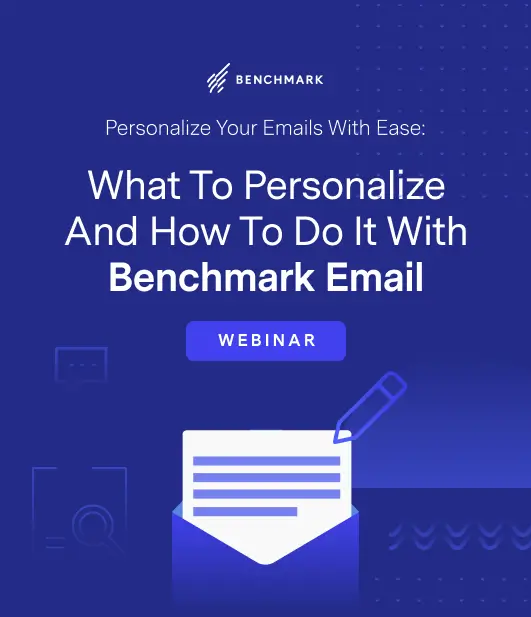
Personalize Your Emails with Ease: What to Personalize and How to Do it With Benchmark Email
Nurture Leads with Email Marketing
Email marketing is still one of the most effective ways to nurture warm leads. Once a prospect has shown interest in your content, you can use email campaigns to provide additional value, answer common questions, and guide them through the buyer’s journey. Personalization is critical here—use data to tailor your messaging to the individual’s needs and behaviors.
Engage with Prospects on Social Media
Social media offers the ability to engage with prospects more casually and authentically. By participating in conversations and responding to comments, you can start to create strong relationships with potential clients. Social listening tools can also help you identify prospects discussing topics related to your industry, allowing you to engage with them at the right moment.
The Power of Personalization
Personalization is at the heart of modern sales strategies. In 2025, it’s not just about addressing a prospect by name—it’s about understanding their unique needs, preferences, and pain points and tailoring your approach accordingly. Here’s how to incorporate personalization into your sales strategy:
1. Use Data to Inform Your Outreach
Data is the backbone of personalization. By analyzing data from your CRM and marketing automation tools, you can gain insights into your prospects’ behavior and preferences. This information can inform everything from the timing of your outreach to the specific messaging you use.
2. Segment Your Audience
Not all prospects are the same, and your outreach should reflect that. Segment your audience using criteria like industry, job role, or stage in the buyer’s journey. This enables you to create targeted messages that speak directly to the needs of people within each segment.
3. Craft Tailored Messaging
Once you’ve segmented your audience, craft messaging that resonates with each group. For example, a prospect in the research phase may appreciate educational content, while a prospect closer to making a decision might respond better to case studies or testimonials. Tailored messaging shows you understand and care about the prospect’s situation, building trust and credibility.
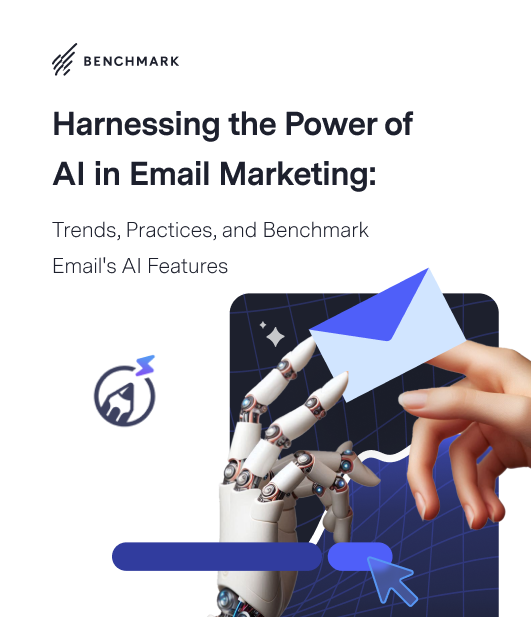
4. Leverage AI and Automation
AI and automation tools can help you deliver personalized experiences at scale. For instance, AI-driven email marketing platforms can analyze a prospect’s past interactions with your brand and suggest the best content to send next. Similarly, chatbots can provide personalized responses to common inquiries, ensuring every interaction is relevant and timely.
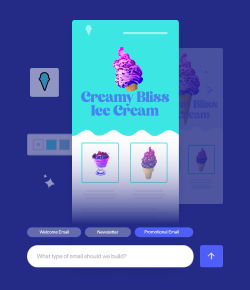
Build custom-branded emails effortlessly.
Building Relationships for Long-Term Success
In addition to personalization, relationship-building is crucial for turning warm leads into loyal customers. Here are some strategies to foster strong relationships with your prospects:
- Focus on Value Over Sales: Instead of pushing for a sale at every interaction, focus on providing value. Offer insights, resources, and support that help your prospects solve their problems, even if it doesn’t lead to an immediate sale. By positioning yourself as a helpful partner rather than just a vendor, you can build trust and increase the likelihood of future business.
- Maintain Consistent Communication: Relationships require consistent effort. Keep the lines of communication open by regularly checking in with your prospects, sharing relevant updates, and offering assistance when needed. Consistency helps keep your brand top-of-mind and reinforces your commitment to the prospect’s success.
- Seek Feedback and Act on It: Asking for feedback shows that you value your prospects’ opinions and are committed to improving their experience. Gather feedback and use it to refine your approach, whether through surveys, direct conversations, or social media interactions. Acting on feedback demonstrates that you’re listening and responding to your prospects’ needs, further strengthening the relationship.
- Provide Exceptional Customer Service: Outstanding customer service is a cornerstone of relationship-building. Ensure your sales and support teams are responsive, knowledgeable, and genuinely invested in helping your prospects succeed. A positive customer experience can turn a warm lead into a loyal advocate for your brand.
As we approach 2025, the sales landscape will continue to evolve, making it essential for businesses to adapt their outreach strategies. The shift from cold outreach to warm leads, coupled with a focus on personalization and relationship-building, is vital to staying competitive in this new era. By leveraging data, crafting tailored messaging, and fostering genuine connections with your prospects, you can transform your sales strategy into a powerful engine for growth. In a world where consumers value authenticity and relevance, those who embrace these principles will be well-positioned to thrive.
